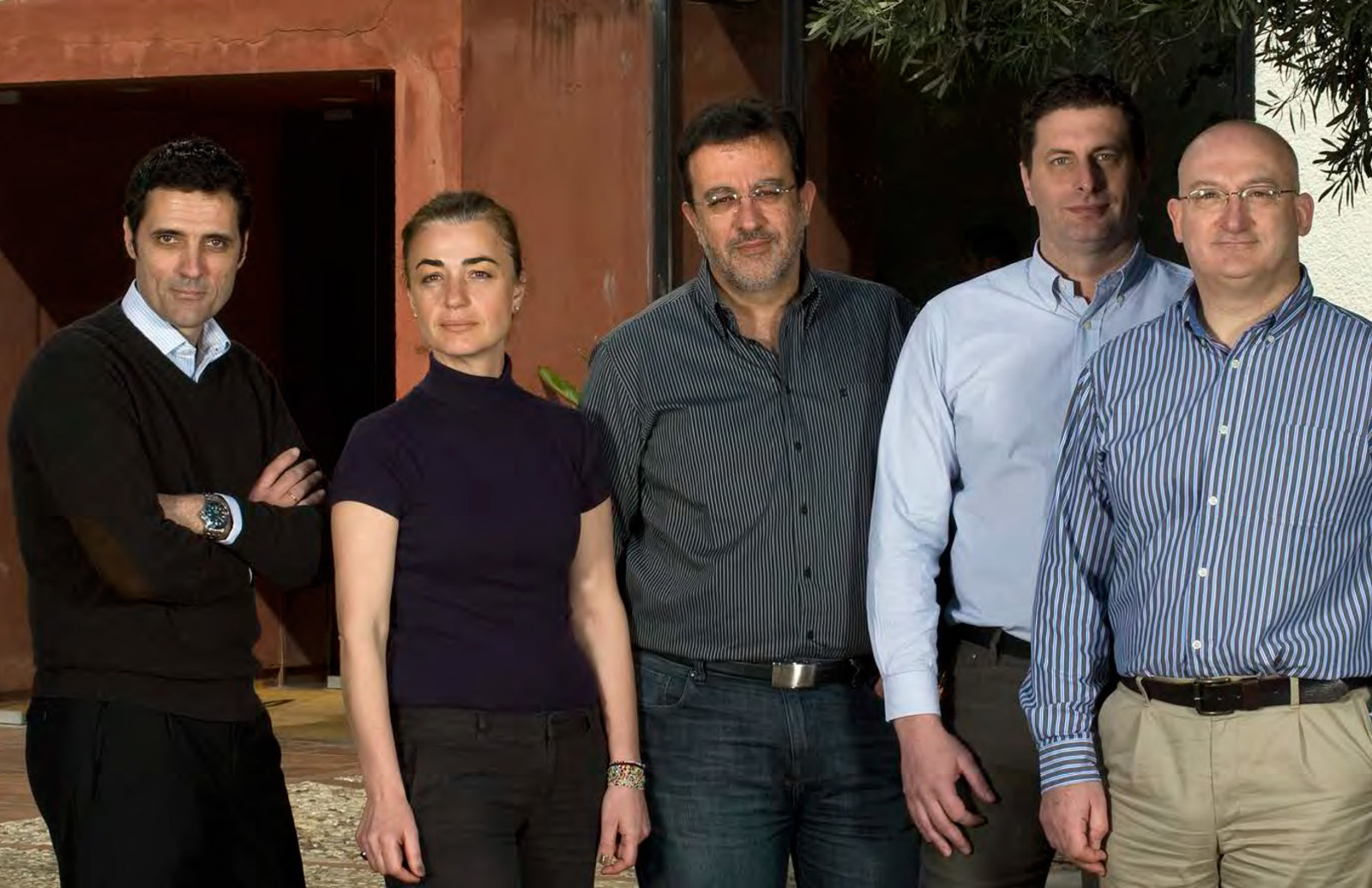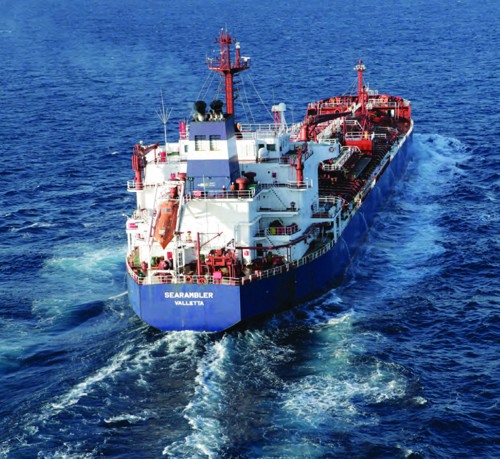
Bulk and Tanker operator, Thenamaris, looks to leverage its long and successful history as it debuts in the LNG market with three new buildings.
-
Text:Kongsberg Maritime Communication
-
Gunvor Hatling MidtbøVice President, Communications
Thenamaris, after eight years of monitoring the LNG sector, is now making an entry with three newbuildings, which are set for delivery in late 2013 and early 2014. The vessels are sister ships, sized at 160,000 cubic metres, which Deputy Manager New Buildings, Fotis Belexis, calls, “The most flexible design”. They are optimised for efficiency with tri-fuel diesel electric propulsion systems, enhanced features and a reduced boil off rate of 0.1 percent.
Simon Murray, Chief Operating Officer of Thenamaris LNG, says Thenemaris is unfazed by its newcomer status and sees the company’s move into the LNG sector as simply an extension on a long history of successful bulk and tanker shipping. “The entry barriers are high, but the strengths and long history we have as a tanker company can be successfully transferred to the LNG sector. We are building on the same philosophy that has brought us success in the past. We have a strong company culture and a great reputation and we are confident of success,” he says.

“We have a strong company culture and a great reputation and we are confident of success in the LNG sector” - Simon Murray, Chief Operating Officer, Thenamaris
Having operated all around the world with a variety of industry participants, Thenamaris has built an extensive network. Its strategy will be to encourage some of these contacts to show faith in its LNG operation, Murray is upbeat: “Our customers are more than satisfied with our performance so we are confident they will continue to work with us when it comes to LNG,” he says.
The company only entered the capital intensive LNG market when it felt that the right market conditions had emerged. Murray reiterates that the company is well placed to capitalise and says the main focus now is hiring employees with LNG experience.
“We are rigorously preparing so we can run a successful operation from the outset. We have the technical aspects in place and will use the services of a third-party manager to assist with the initial operation. We also realise that it is just as important to get the right people with LNG experience both onshore and offshore,” he says.

Thenamaris knows that its standing in the LNG sector will depend on the success of its first vessel. Its initial manning strategy will therefore be to contract with an experienced crew manager to provide LNG seafarers. However, in the long-term it will also train crewmembers from its tankers. Murray says that due to the company’s crew being highly experienced in tanker operations, this training will focus on the additional skills required for LNG operations.
“Our crew members’ experience in tankers gives them an excellent foundation from which to undertake training. A seafarer who has experience on tankers will have most of the skills needed on LNG carriers, but there are also additional and specific competencies like cargo handling and managing a more comprehensive control system and a high voltage electrical system, and these are the skills the training will address,” he explains.
The crews will also receive training in the fully integrated Kongsberg control systems installed on the vessels.

“Thenamaris has a lot of experience in keeping down costs while maintaining maintenance and the quality of services.” - Fotis Belexis, Deputy Manager New Buildings, Thenamaris
As the tanker market continues to struggle, diversifying into the LNG sector was an obvious choice for Thenamaris and one that many tanker companies have recently made. However, having been around for over forty years the company has been through peaks and troughs in the market before and will not change its core business. Belexis says that while the tanker market is having tough time, Thenamaris is well placed to remain profitable and sit out the storm.
“We have been through this before in the mid-80s, it is cyclical and we are confident that, in time, it will pick back up. Until then, efficiency is the key to realising opportunities in the tanker market. Thenamaris has a lot of experience in keeping down costs while maintaining maintenance and the quality of services. Fuel efficiency is one of the main ways to reduce costs. We have reduced the average speed of the vessels in our fleet and have installed energy saving devices.”